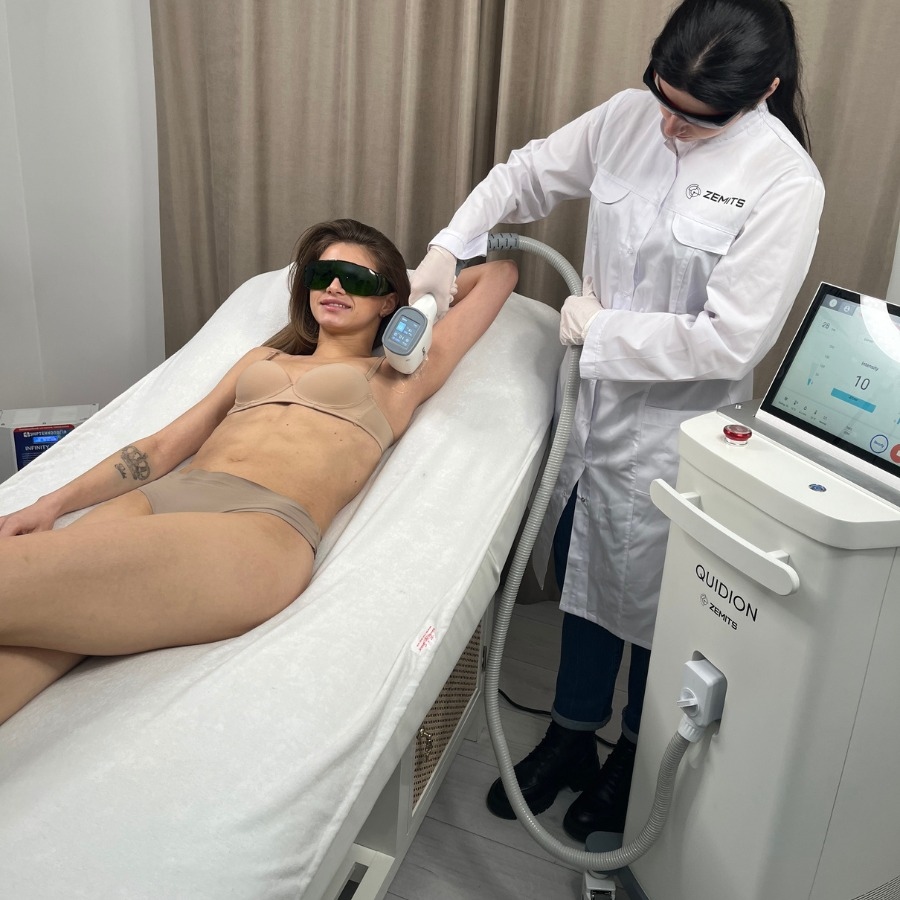The Different Types of Laser for Hair Removal and How They Work
Laser hair removal has quickly become very popular and mainstream as one of the quickest, painless, and permanent methods for hair removal. If you’ve heard a lot about this hair treatment method and you’re considering getting into it, it is helpful to be knowledgeable about it, know the options, and which works best for each skin.
Before you go ahead to get that laser hair removal device, let’s discuss some of the facts and details you need to know.
The most common types of hair removal laser systems are:
Yag Laser Hair Removal
Alexandrite Laser Hair Removal
IPL – Intense pulse light therapy
This is one of the most common types of hair removal methods. In essence, it’s not actually a laser, but it produces light that can damage hair follicles. It works in reducing hair growth by sending out a whole spectrum of light to hair roots.
Even with IPL, there are different types. Regular IPL is used in skin rejuvenation and hair removal, the E-light uses IPL with RF and works best in removing pigmentation. Another variant called the SHR – super hair removal is an advanced technology that combines IPL with a diode laser, reaping the benefit of both. It delivers high energy with low temperature, so it is faster, less painful, and a more permanent type of hair removal.
While lasers use the light of a single frequency, IPL uses a multi-spectrum, so the light is less focused and weaker. This means IPL doesn’t penetrate deep enough into the skin and so, can’t remove tattoos completely. The tattoo pigment can absorb the light, but it tends to lead to burns and distortion of the tattoo.
This low energy factor is also why they require more treatment courses. Using IPL will require treatment every 4 to 6 weeks, for up to 8 to 10 sessions and it is also important to note that the results are less permanent and might require regular or annual treatment. Even though it tends to be more effective for skin rejuvenation, in the hands of a licensed and qualified laser practitioner, it can be just as effective for hair removal, especially in removing darker hair, since it targets melanin cells. It might be a bit less effective than the rest, but it’s also one of the cheapest options – to consider if you’re on a budget.
Before the treatment, client should be sure to shave the areas to be treated and avoid using makeup, deodorants/perfumes, or products that could irritate the skin or affect penetration. Tanning is to be avoided at least 1 month before hair removal appointments and any form of waxing stopped at least 2 weeks or more before going in for the treatment. Pregnant, breastfeeding or individuals on medications that cause photosensitivity are not eligible for this treatment.
A typical session normally last between 15 to 45 minutes, depending on the body part being treated. There’s normally some pain, mild burning sensation, and occasionally the skin can turn red/pink or becoming swollen for a while, but these are usually nothing to be worried about. After treatment, experts stress that it is important to stay protected against direct sunlight and to use a sunscreen of at least SPF 30 for exposed areas
Diode Laser Hair Removal
This laser treatment produces light with steady frequency and wavelengths long enough to penetrate deeper into the skin. Like other laser treatments, it targets melanin/pigment and destroys the hair follicles. Due to this deep penetration, it often requires fewer sessions and has a shorter treatment course compared to other types of hair removal treatments.
Instead of up to 10 sessions, 6 or 8 sessions every 4 to 6 weeks can be good enough for semi-permanent treatment, depending on the nature of hair, skin color, and gender. It is more effective for patients with more coarse hair and medium-dark/brown skin tone, although it can treat light hair on fair skin too. So, patients with Fitzpatrick scale II and III will benefit the most from this treatment method.
Treatment sessions will normally last for less than an hour and largely depends on the area of the skin being treated. Diode laser is known to be quite painful and uncomfortable, can cause redness and possibly burns, but there are no known long-term side effects. Hence, a dermatologist or a qualified practitioner such as a licensed esthetician should be in charge of this procedure as an expert and specialized training is required to handle this device.
Remember that diode laser goes deep into the skin, it can reach the levels where the tattoo pigments are deposited and distort it, so this method can lighten tattoo post-treatment if the technician doesn’t work around it.
Anyone can be a candidate for this treatment, as long the client isn’t an awaiting or new mother, and not subject to conditions affected or sensitized by light.
Like with the preparations for most laser hair removal methods just before appointments, shaving and staying free of products that could occlude the skin and reduce penetration such as makeup, creams, e.t.c. is important. Tanning and waxing are to be stopped 2 to 4 weeks prior. Sun protection and SPF is very important as the treatment makes the skin photosensitive. Also, annual touch-ups might be required for the lifetime achievement of smooth, hairless skin.
YAG Laser Hair Removal
Neodymium YAG laser treatment emits light at a long-pulsed wavelength of 1064nm and with high energy. It penetrates the skin surface and gets absorbed by the skin tissue. This is a heavy-duty laser and is a very intense treatment, with one session lasting up to 2 hours in some cases. It has been noted as one of the most painful hair removal treatments. 8 - 12 sessions are required for complete treatment and are to be done every 4 to 6 weeks for full results. They have the longest wavelength and so penetrates deepest, reaching the very root of the hair and destroying the hair follicle for good. Hence, it has the most permanent results compared to other laser treatments.
According to experts, the long-pulsed Nd YAG laser treatment is best suited for patients further down the Fitzpatrick scale, with scores IV, V and VI. It is most effective and the best option for darker individuals with thick, coarse hair. This method won’t work for paler skin or finer hair and is advised against in that treatment group.
For this method, patients can start seeing a remarkable difference and reduced hair growth as earlier as after 3 sessions, and the results can persist for up to a year after completion of treatment.
Factors that affect treatment with YAG laser is mostly the location of the hair, as hair follicles in areas with thinner skin and areas less prone to sun exposure such as the underarms, normally has better results compared to the skin on the chin. This is because this light wavelength targets darker hair follicles and can penetrate better on thin skin.
YAG laser treatment is also used in tattoo removal. It works best for red and black ink and would require undergoing a series of sessions. It is important to note that if you have a tattoo you wish to get rid of and want to do a laser hair removal procedure in the same area, the tattoo removal would have to go first before hair removal. The tattoo pigment absorbs the energy from the light emitted, hindering it from getting to the root of the hair follicles. Trying to do both at once would end up burning the skin.
During treatment, which can take about few minutes to 2 hours per session, pain has been one of the major complaints. Redness can present for a while and scarring can occur, but hardly happens. The best candidate would be a brown or dark-skinned, non-pregnant nor breastfeeding individual with coarse hair.
General preparation for each session includes reducing sun exposure as much as possible, staying away from tanning and waxing procedures weeks prior, then coming in cleanly shaved and bare on the day of treatment. Adequate cooling and sun protection is necessary post-treatment, to help with photosensitivity and other side effects.
Alexandrite Laser Hair Removal
This hair removal method is definitely one of the most common and popular hair treatments. It is also the gold standard hair removal for paler skin with lighter hair – Fitzpatrick scale I to III. It is also the treatment used for hair removal in broad areas of the body and can be used in any location including underarms, bikini line, face, neck, chest, legs, and back.
It is considered a red light laser. Light emits from or passes through the alexandrite crystal to produce a beam of light with a wavelength of 755 nm, which can be set on Q-switching mode, to produce short pulses of high-energy light, which is then converted to heat and is effective for hair removal.
Due to the shorter wavelength of the alexandrite laser, it doesn’t penetrate as deeply and hurts slightly less than most other types of lasers.
This also means it’ll take even more sessions to achieve permanent hair removal, because of the shorter wavelength. Complete treatment will require more than 6 sessions, depending on the area being treated, coarseness of hair, gender, and other underlying conditions. Treated areas could stay smooth for up to 6 weeks so technicians normally recommend waiting 3 weeks to 8 weeks in between laser sessions, for optimum results.
Before going in for an appointment, the client should follow the standard laser pre-treatment preparation such as avoiding tanning and waxing a month prior and being shaved and bare on the day of treatment.
Pain, redness, and swelling, as well as itching, are the common side effects, but these don’t last for long. Skin surface cooling applied during the procedure can help with the pain and an ice pack for the swelling. In the first few days following the treatment, care should be taken to avoid scrubbing the area or using abrasive skin cleansers as these can disturb the progress of the treatment. If hair removal treatment is done on exposed areas, a bandage or a skin patch may help prevent abrasion of that area, and to reduce the risk of post-inflammatory hyperpigmentation, sun protection should be used.
Alexandrite laser is also considered the treatment of choice for tattoo removal. It is particularly effective for black, blue, and green tattoo pigment. For this reason, hair removal with this type of laser will affect areas with tattoos, and so, will have to come later.
Alternatives to Laser Hair Removal
Laser treatment is the new normal. On a grand scale, it is far more superior to most other forms of hair removal. No one really wants to undergo the painful and endless process of waxing and sugaring. We’re all embracing the painless and long-lasting method. But first, let’s compare the other methods of hair removal, such as waxing, dermaplane, and electrolysis.
Laser Hair Removal Vs Waxing
Waxing remains the most common form of hair removal. In comparison to laser treatments which can be permanent or semi-permanent after complete treatment, waxing sometimes needs to be done on a weekly or monthly basis. It has no longstanding or lasting result, and the cost can add up significantly over a lifetime. So even if it seems like a cheaper option at first, it is not actually cost-effective. And although laser hair removal can be quite painful and uncomfortable, it is nothing compared to the pain accompanying waxing as a method of hair removal. This kind of method is best suited for areas of the body not suitable for laser treatments such as the genitals and areas with tattoos.
Laser Hair Removal Vs Dermaplane
Dermaplane is a variation of shaving that uses a different type of razor and requires a special technique. A long, scalpel-like, single-bladed, extraordinarily sharp tool is used to gently scrape the skin of the face, to get rid of the fine hairs on the face, as well dead skin cells. In essence, it is a combination of hair removal and exfoliation. On the downside, there are potential risks of cuts and nicks. Also, it is used only on the face and for fine, short hair while laser hair removal can be done in most areas of the body and is effective for longer and coarse hair too. Cost-wise, although relatively cheaper per session, the result from dermaplanning has to be maintained with frequent appointments and treatment. This procedure requires specialization and SHOULD NOT be attempted at home.
Laser Hair Removal Vs Electrolysis
Electrolysis is another option for alternative hair removal treatment and should be done mostly by dermatologists. It works to destroy hair follicles by delivering radiofrequency to them, through a tiny needle. It is a somewhat minimally invasive procedure that can result in permanent hair removal. Compared to laser hair removal, electrolysis is much more painful and might require a mild anesthetic for the procedure to take place. Though the price may be close or similar between both, the laser is more accommodating while electrolysis has more restrictions to it, in regard to who can benefit from it. It has fewer risks and side effects, but it has to be spread out over more sessions. Unlike laser treatment, electrolysis is backed by the U.S. Food and Drug Administration (FDA) as a permanent solution. Though results can’t be achieved in one session, once the treatment is complete, no maintenance is required as hair follicles are destroyed and there is no longer hair growth.
To further break down laser hair removal, here’re more discussions on some aspects where more attention should be given.
Laser hair removal for dark skin
– lasers work by targeting the pigment in the hair, it is the contrast of the dark hair against the lighter skin that helps it hit the target and destroy the hair follicle. This makes laser treatment on darker skin a bit complicated. Devices used for laser hair removal in dark skin have to successfully bypass the pigmentation of the skin, to avoid dark/light spots, burns, and scarring. Nd YAG especially, and diode lasers work best for darker skin.
Laser hair removal for blonde hair
– again, the way the lasers work doesn’t particularly serve light hair. The heat source emitted from the laser is drawn to the pigment found in dark hair, which isn’t found in the light blonde hair. This can pose a challenge in removing lighter hair as blonde hair does not have enough pigment to attract the laser’s heat. The laser devices used for successful hair removal in blondes are specifically designed to create an illusion of extra pigment on individuals with light hair, helping the ease of hair removal in these people. These high-intensity light beams can now focus and hit the hair follicles at the root, with the help of this illusion. The Alexandrite laser remains the best option for hair removal in light hair and fair-skinned people.
Laser hair removal for grey hair
– remember that the laser treatment works because the pigment in the hair attracts the heat of the light, which then damages the hair follicle and stops hair growth. Grey hair has no pigment and so, does not get affected by the laser’s energy. The light from the laser has no pigment to target. In simpler terms, grey hair is not suitable for laser hair removal. The best method of hair removal for individuals with grey or white hair would be electrolysis, which does not depend on the pigment of the hair as electric current from the needles can directly destroy the hair follicles permanently.
Laser hair removal for patients with PCOS
– polycystic ovary syndrome is a medical condition where there are multiple cysts in a woman’s ovary and the body system produces excessive androgens (male hormones). This hormonal in-balance can present on the skin as chronic acne or excessive hair growth. Due to this increase in body hair, permanent hair removal with laser treatment tends to be very beneficial in these patients. They may require more treatment sessions and possibly shorter time intervals between sessions, but the treatment can help control hair growth and stop it over time. Electrolysis is the only type of hair removal method considered as a permanent way of removing hair. As women with PCOS suffer from excessive body hair, complete treatment with multiple sessions spread out to catch hair growth in different phases will help in permanently getting rid of body hair.
Cost For Laser Hair Removal
Since laser hair removal treatment is not considered essential for the health of an individual, it is not covered by medical insurance.
The cost of hair removal per session in the US for vary from state to state, but here’s an average cost according to the treatment areas:
|
Treatment area |
Price range |
|
Face and neck |
$300 to $600 |
|
Back |
$300 to $700 |
|
Bikini Area |
$250 to $500 |
|
Legs |
$300 to $600 |
|
Underarms |
$150 - $300 |
|
Chin |
$100 to $300 |
|
Upper Lip |
$100 to $300 |
|
Buttocks |
$250 to $400 |
|
Ears |
$100 to $200 |
|
Head |
up to $1000 |
|
Full body |
$2500 to $3000 |
These prices aren’t fixed and largely depend on practitioner.
Laser Hair Removal Quotes
”Life is short. Get laser hair removal”
“Fact: body hair won't keep you warm... book a laser appointment now”
“Live. Laugh. Laser.”
Laser Hair Removal Hashtags For Instagram
#laserhair #laserhairremoval #laserhairremovaltreatment #hairremoval #laser #skincare #beauty #hairfree #laserclinic #laserhairreduction #smoothskin #lasertreatment #hairremovallaser #skin #laserhairdeals #medicalspa #spa #ipllaser #selfcare #diodelaser #nomoreshaving #permanenthairremoval #aesthetics #hairremovaltreatment #cosmetics #nomorewaxing
Conclusion
The type of laser device in your spa can affect the quality of your service as well as the growth of your business.
In choosing a device, it is important to define your audience, know which device would work best for them. The things to put into consideration while making this decision includes:
The location of your spa – this plays a role in influencing your choice because you need to provide services favorable to the locals around you.
The race and skin tone of the population – just like we’ve discussed earlier, some devices work better with certain skin tones and vice versa. If you’re in an area of people with predominantly pale skin, it would be best to choose the Alexandrite laser as this would cater to the clients more than the YAG laser which works best for darker skin.
The cost and maintenance – you have to consider the affordability of your services. Choose devices that are easy to repair around you.
Ease of use – as a technician, you know your area of expertise best. Be well informed and knowledgeable on the device you wish to use in your spa.
Reference links
https://www.webmd.com/beauty/intense-pulsed-light-treatment-overview#1
https://www.ncbi.nlm.nih.gov/pmc/articles/PMC6499570/
https://www.ncbi.nlm.nih.gov/pmc/articles/PMC2840900/
https://www.medicalnewstoday.com/articles/322042
https://dermnetnz.org/topics/alexandrite-laser-treatment/
https://jamanetwork.com/journals/jamadermatology/fullarticle/478428
https://www.healthline.com/health/beauty-skin-care/laser-hair-removal-vs-electrolysis#electrolysis
https://www.verywellhealth.com/what-you-need-to-know-before-having-electrolysis-2616689
















